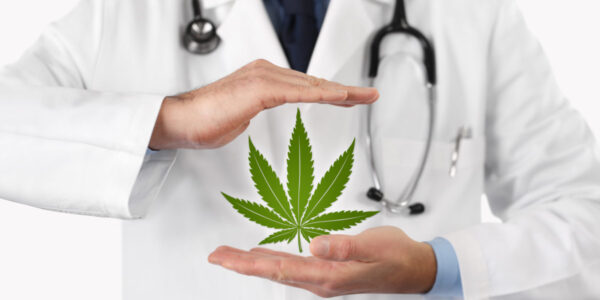LISTEN TO THIS ARTICLE:
More and more people are recognizing poppy seed tea as a substitute for opiates. Here’s what you should know. The seeds can be cultivated to produce notable amounts of morphine and codeine, among other opiates.
Now, it’s extremely unlikely you’ll get high munching your morning poppy seed muffin or bagel. The concentration of seeds is too low, and cooking processes remove a high percentage of the opiates. One study found that approximately 90 percent of morphine cooks off through baking.
However, one seemingly harmless application is much likelier to affect both opiate-dependent and nondependent users.
Tea with a buzz
You’ve probably sipped plenty of different teas over the course of your life, but poppy seed tea? It’s not exactly popular — at least not in this century — but it’s out there. Whether it’s drunk or injected, the result is a sustained high that starts within 15 minutes and can last for hours, even as long as an entire day, depending on the amount consumed.
According to research out of New Zealand, a large number of opiate-dependent men and women self-report using the tea either along with or instead of more familiar forms of opiates.
Researchers surveyed 24 patients at a clinic in Wellington, New Zealand, about their use of poppy seed tea. Eleven of the 24 (46 percent) reported having used the drink. Five of those said the tea was, for them, a “major” opiate source. Two stated that they’d been able to completely withdraw from other opiates with regular poppy seed tea use.
Tool in the chest of harm reduction
Klare Braye, one of the authors of this study, has worked in New Zealand’s drug and alcohol counseling field for more than 25 years. She says the tea’s foul taste is a barrier to entry for some, but use by opiate-dependent drinkers fits within a “harm reduction” strategy for treatment.
“It is a low-cost, long-acting, and effective alternative to the use of other opioids, which can cause significantly more harm,” Braye says.
But what of this substance’s potential to be a gateway drug? Braye suggests that the few who want to try it will find it, but even if they’re able to get past the taste, they tend not to stick to poppy seed tea.
“Opioids are a funny drug,” she says. “They are a depressant, and so you don’t experience the same effect as stimulants or hallucinogens, which is what occasional users tend to seek.”
That doesn’t mean poppy seed tea isn’t addictive. Just like codeine, tramadol, oxycontin, and other opiates, casual users may become dependent over time. Braye adds, however, that most of the patients she’s seen in treatment who were dependent on poppy seed tea had a past history of drug use.
For those reasons, it’s important to remember that while poppy seed tea can help dependent users and turn off curious users, it’s still a drug that people have died from consuming.
“Is poppy seed tea safer than other opioids? Yes,” Braye says. “Is it safe? No.”


 Learn
Learn Stories
Stories ID Symptom
ID Symptom News
News Find Help
Find Help
 Share
Share
 Share
Share
 Share
Share
 Share
Share



